Android 10 Q Brings Good But Also Bad News
Some great new features are coming with the release of the future version of Android. Android 10 Q is going to introduce some great, new changes for Android going forward, like system-wide dark mode and revamped permissions settings.
The most significant feature confirmed as of today is a system-level “Dark mode” that can be enabled in Display settings and features an “Automatic (based on time of day)” option. So you can automatically have a white mode during the day and all black for the evening / night. At the moment, Android Pie features a Device theme that updates Quick settings, the launcher, volume panel, and other elements. But in Android Q, enabling “Dark mode” results in those aspects of the UI turning pitch black.
Meanwhile, the previous dark gray theme is now applied to the background of apps like Settings and the default Files app. XDA also noticed a Developer option to “override force-dark” where apps that don’t feature built-in themes switch from white backgrounds to dark gray.
Android Q continues also work on privacy with better Permissions. Significant is how Location access can be limited to “only while the app is in use,” similar to iOS. A new “Permissions usage” page features an infographic that notes “Top permission usage at any time”.
The App info screen has been redesigned with Material Theme elements like a new row of buttons for uninstalling, force stop, and opening the app. Also is worth mentioning how the notifications section on this screen notes how many were sent “per day” and a sign that Digital Wellbeing is more closely integrated.
Other changes involve the Ambient Display moving the battery indicator to the top-right corner, while new “Time to take action” and “Time to read” settings possibly let users customize heads-up notifications.
Android 10 Q The Bad News
Unfortunately, it’s not all good things coming in Android Q, as new code changes show that network carriers will have more ability to lock your phone down to specific networks via your SIM card. Over the weekend, four commits were posted to various parts of Android’s gerrit source code management, all of them entitled “Carrier restriction enhancements for Android Q.” In them, we see that network carriers will have more fine-grained control over which networks devices will and will not work on.
More specifically, it will be possible to designate a list of “allowed” and “excluded” carriers, essentially a whitelist and a blacklist of what carriers will or won’t work on a particular smartphone. This can be done with a fine-grained detail to even allow blocking virtual carrier networks that run on the same towers as your main carrier.
Restriction changes are also on the way for dual-SIM devices. At the moment, carriers can set individual restrictions for each SIM slot, but with Android Q, carriers will be able to lock out the second slot unless there’s an approved SIM card in the first slot. This SIM lock restriction is applied immediately and will persist through restarting the phone, and even doing a factory reset.
Seems like getting an unlocked smartphone from now on it is the best deal you can make!

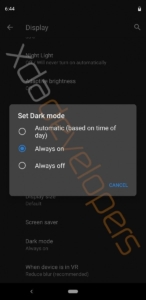
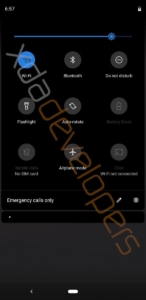
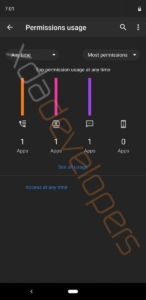
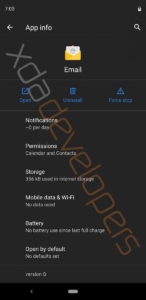
 If you love TV Series and Movies and looking for a great TerrariumTV alternative, TVZion is a great Android app with a huge library and great quality. TVZion is really easy to use and works great on any Android device like an Android TV Box, smartphone, tablet, etc. Keep up with your your favorite TV shows as episodes are updated every day. So don’t wait up, jump in and watch free episodes and movies online.
It uses a very simple interface from which you can explore the different contents available in the app. You can find all the movies sorted by categories and all the seasons and episodes of your favorite series. You only need to access any of them and press the play button to start watching them within the app. And other than movies and tv shows, anime is also on the menu, therefore, if you’re a fan of Japanese cartoons, you’ll be delighted to use this application.
This latest version of TVZion APK has been released on January 8th 2019 and it is version 3.2.3.
If you love TV Series and Movies and looking for a great TerrariumTV alternative, TVZion is a great Android app with a huge library and great quality. TVZion is really easy to use and works great on any Android device like an Android TV Box, smartphone, tablet, etc. Keep up with your your favorite TV shows as episodes are updated every day. So don’t wait up, jump in and watch free episodes and movies online.
It uses a very simple interface from which you can explore the different contents available in the app. You can find all the movies sorted by categories and all the seasons and episodes of your favorite series. You only need to access any of them and press the play button to start watching them within the app. And other than movies and tv shows, anime is also on the menu, therefore, if you’re a fan of Japanese cartoons, you’ll be delighted to use this application.
This latest version of TVZion APK has been released on January 8th 2019 and it is version 3.2.3.



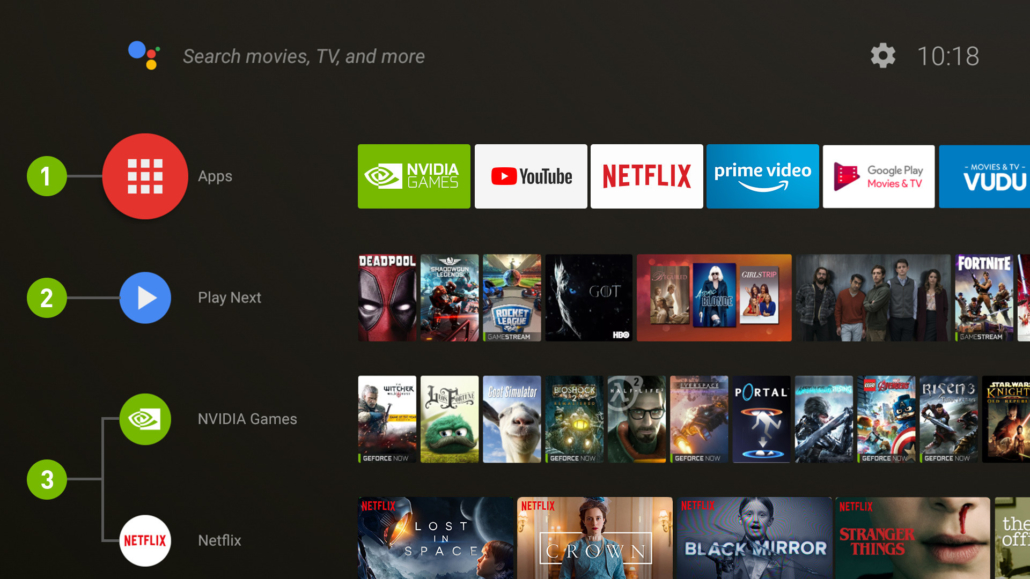
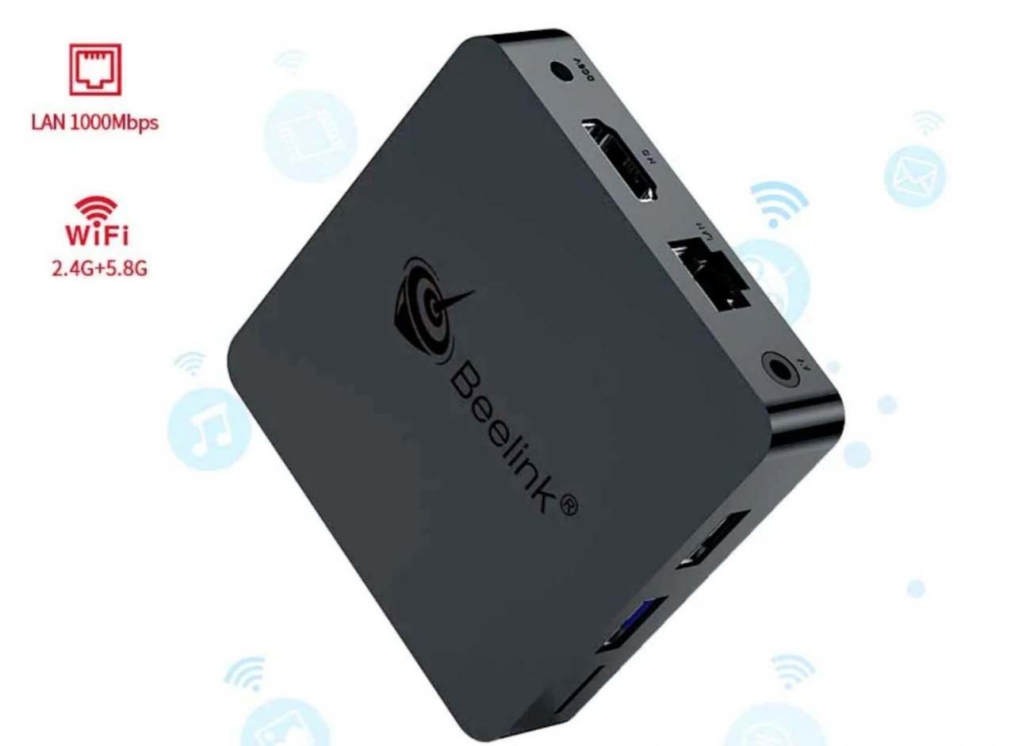






 The ANFR (Agence Nationale des Fréquences) examined 51 models. While 43 tests have returned results in accordance with the European legislation on the subject, which sets the upper limit to 2 W / kg, the other 8 do not comply. Of the 8 interested parties, in 6 cases the problem was resolved by the manufacturer with the release of an updated software version, while 2 others had previously been removed from the market. For the latter, units that have already been sold have been revoked so as to avoid any risk to the health of the users.
The ANFR (Agence Nationale des Fréquences) examined 51 models. While 43 tests have returned results in accordance with the European legislation on the subject, which sets the upper limit to 2 W / kg, the other 8 do not comply. Of the 8 interested parties, in 6 cases the problem was resolved by the manufacturer with the release of an updated software version, while 2 others had previously been removed from the market. For the latter, units that have already been sold have been revoked so as to avoid any risk to the health of the users.
